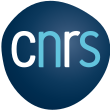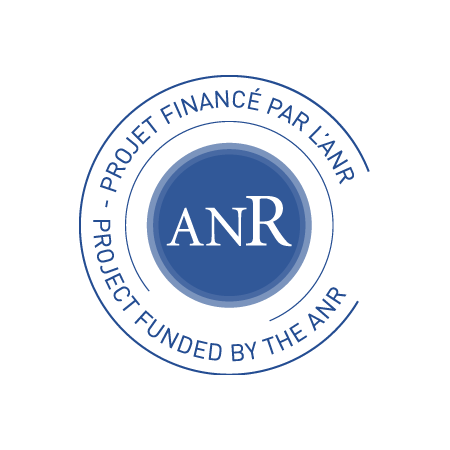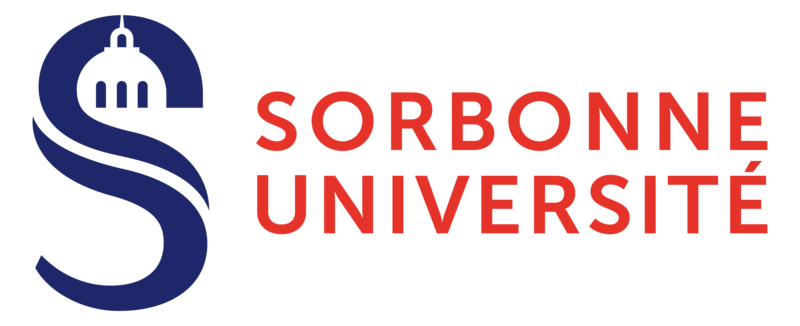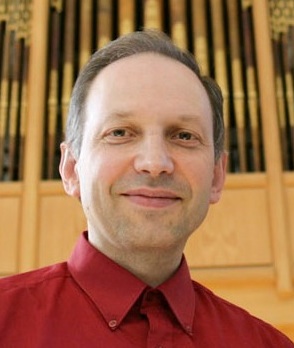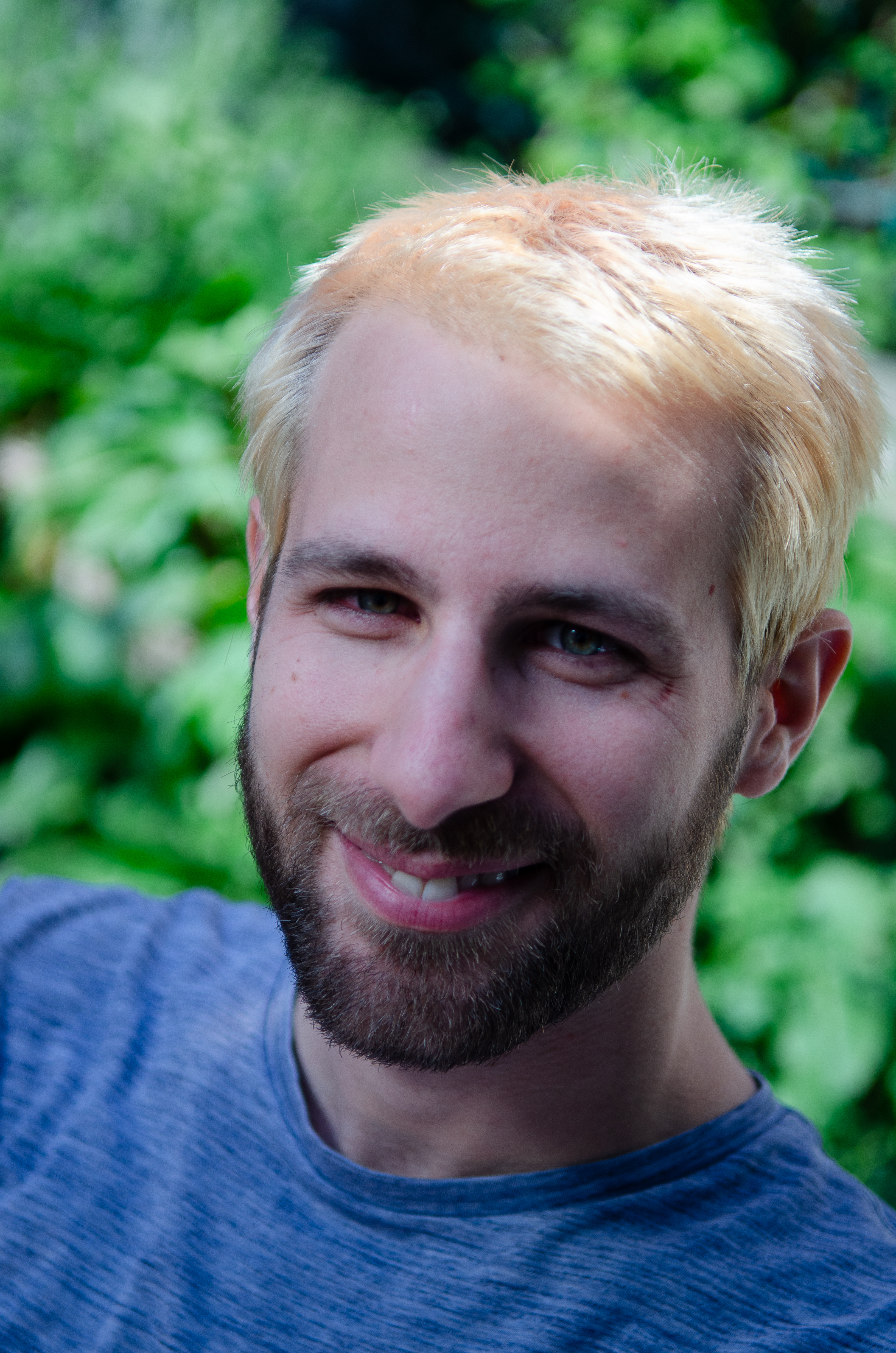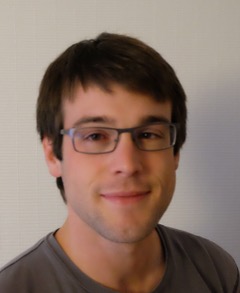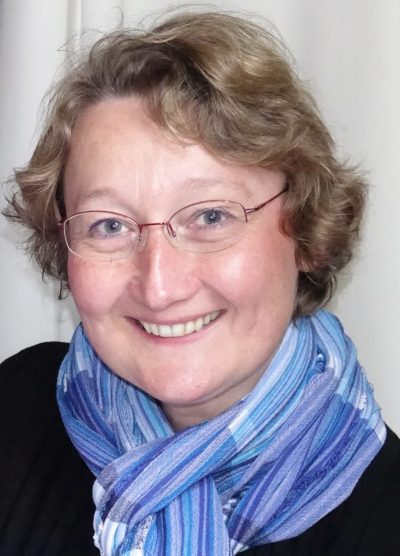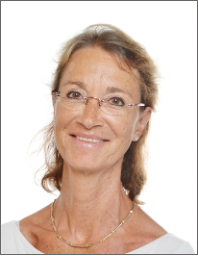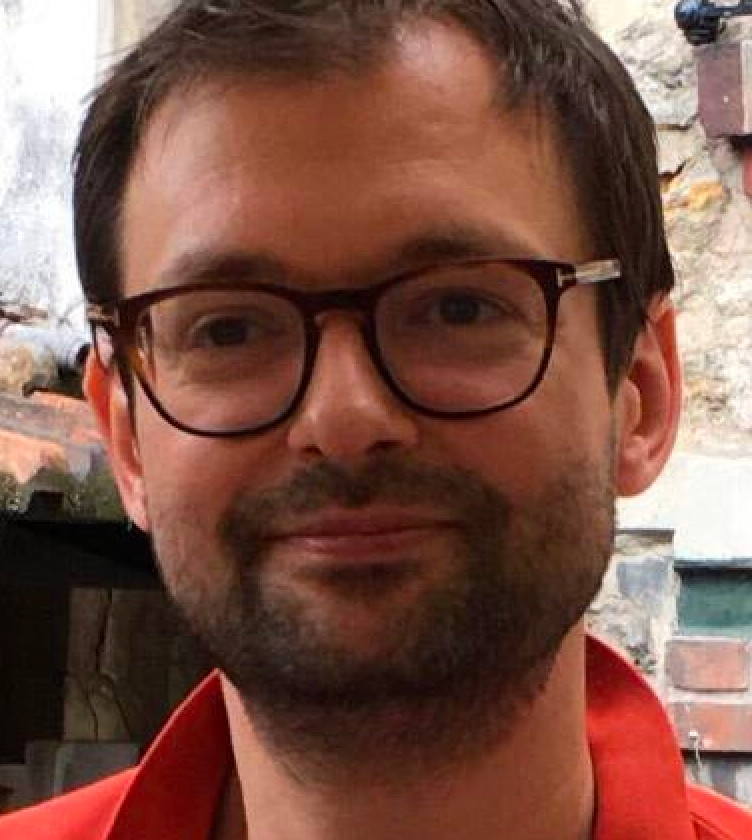Teams
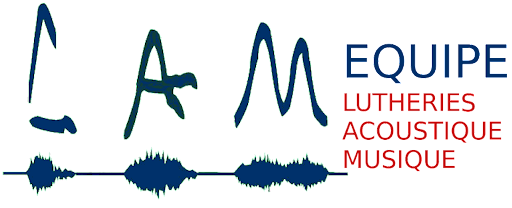
Lutherie-Acoustique-Musique (LAM)
The "lutherie - Acoustique - Musique" (LAM) team of the Institut Jean le Rond d'Alembert brings together researchers who share a passion for sound and music as cultural objects, and therefore approach them from the triple point of view of engineering sciences (physics, acoustics, signal processing), human sciences (musicology, cognitive psychology, linguistics) and musical research (electro-acoustic orchestra and choir, performance studies, augmented instruments, sono-vibro-haptic). Their conjunction translates the multidisciplinary character of the research, not only in terms of content but also from an institutional point of view.
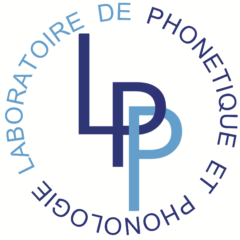
Laboratoire de Phonétique et Phonologie (LPP)
The Phonetics and Phonology Laboratory (LPP) is a mixt research unit of the CNRS and the University of Sorbonne Nouvelle/Paris 3. Founded in 1973, the laboratory became a UMR in 2001 and has been directed alternately by Jacqueline Vaissière and Annie Rialland, then by Pierre Hallé and since September 2016 by Cédric Gendrot (adj. C. Fougeron).
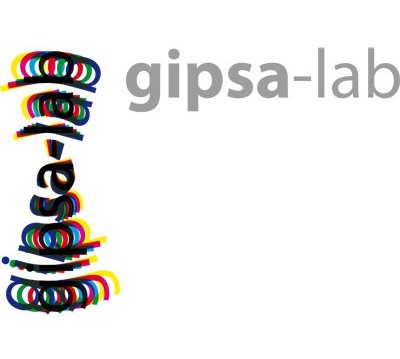
Grenoble Images Parole Signal Automatique (GIPSA-lab)
The GIPSA-lab laboratory, Grenoble Images Speech Signal Automatics, is a mixt unit of CNRS, Grenoble-INP and the University of Grenoble-Alpes. It conducts theoretical and applied research on signals and systems.
